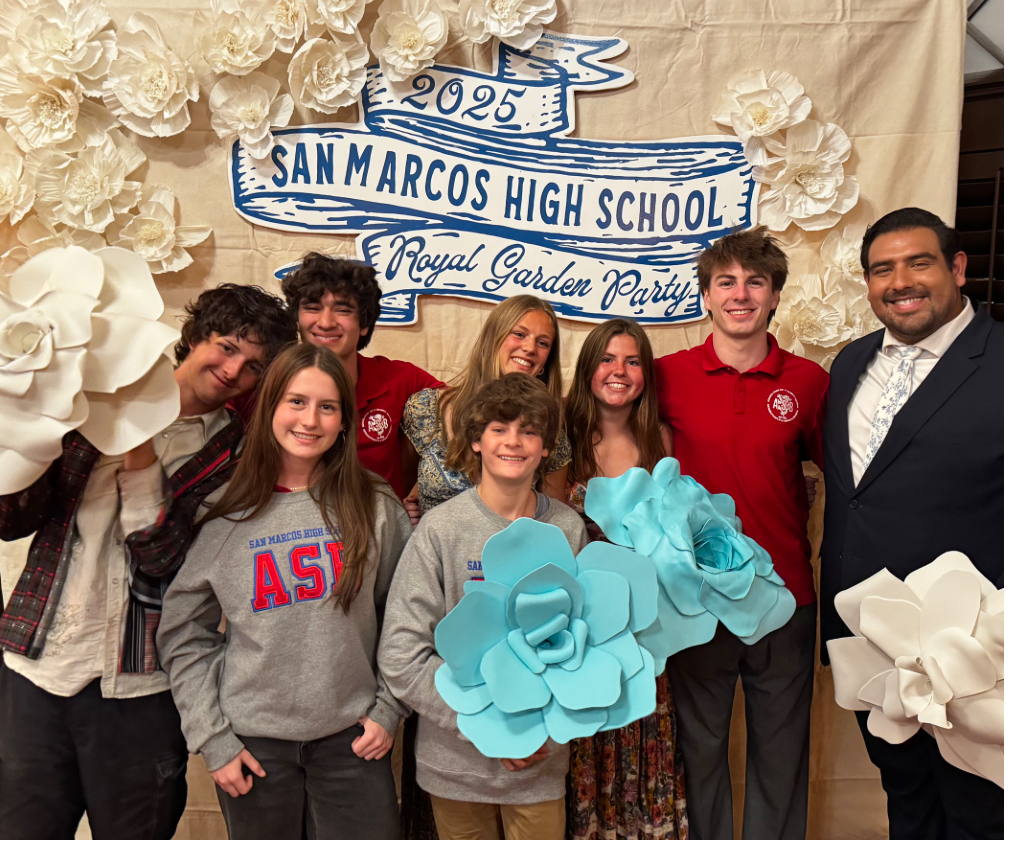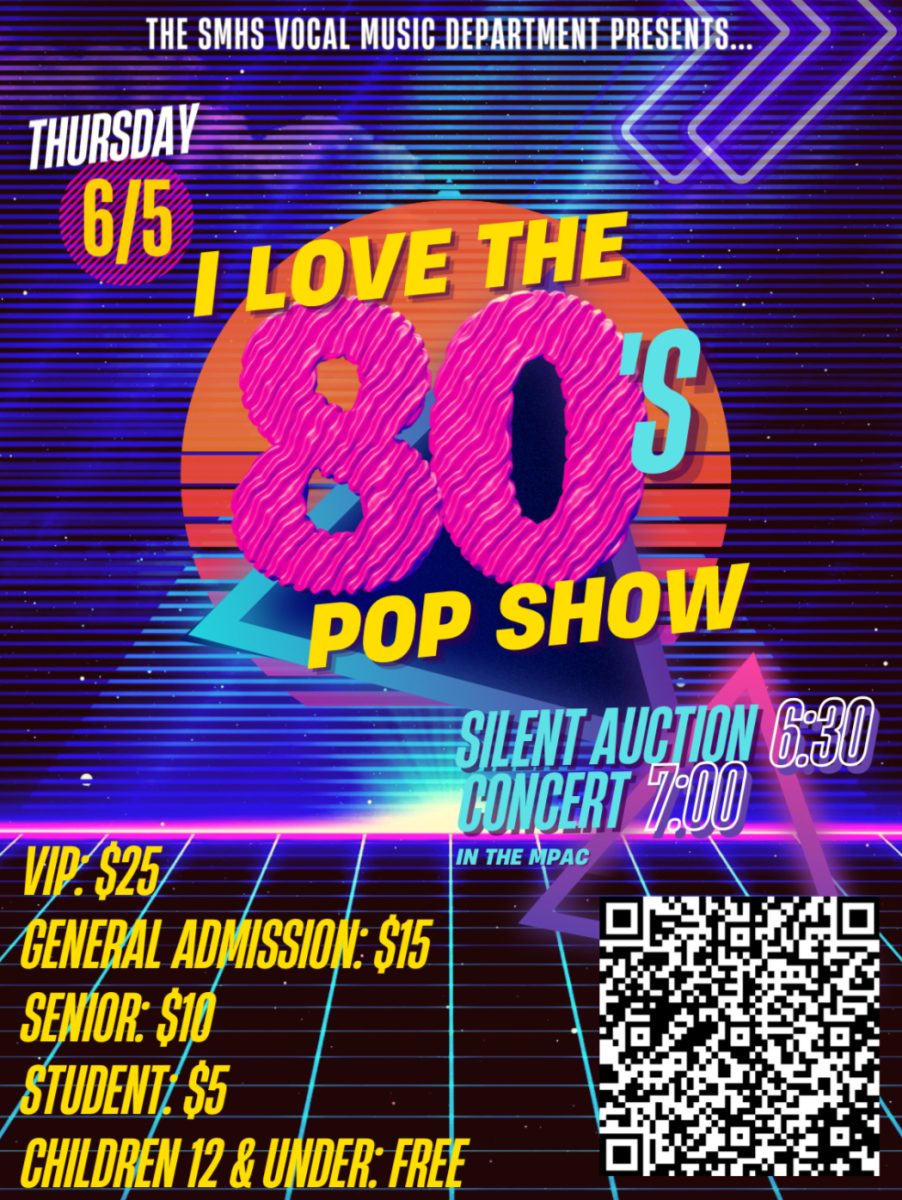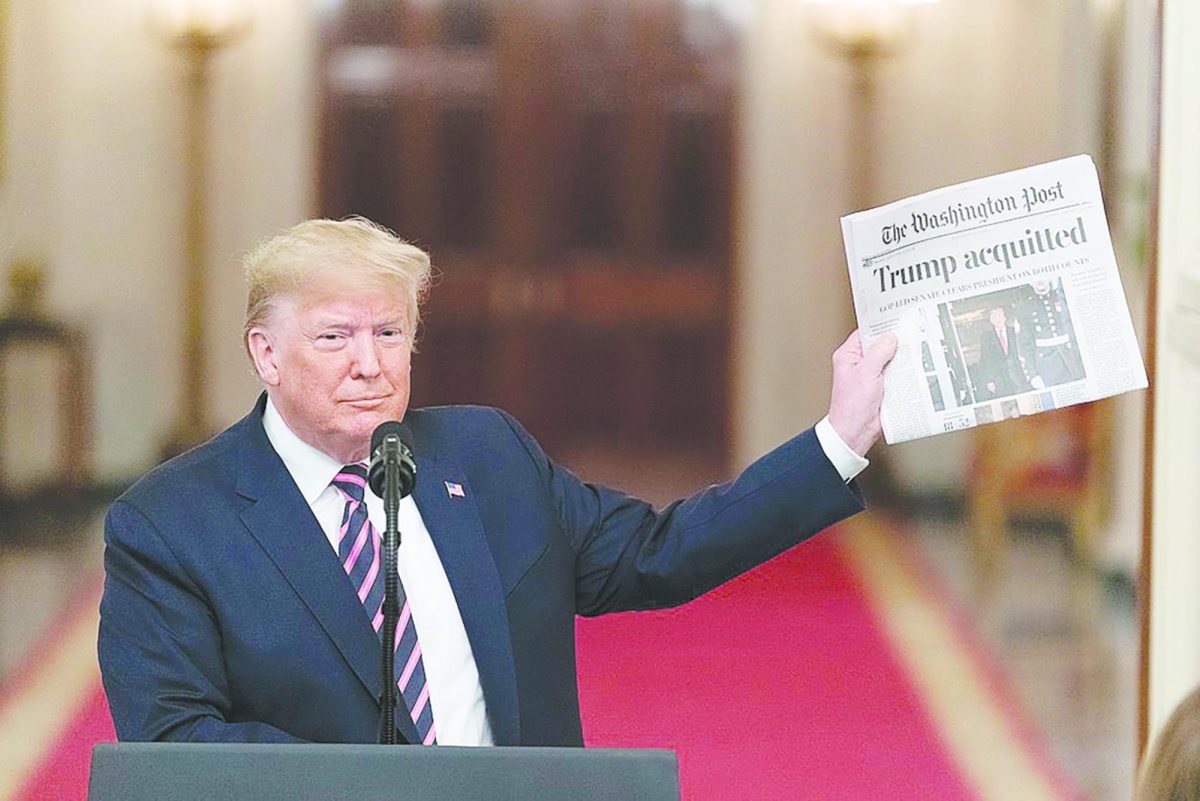One to the sound of victorious cheers, the other with a face of graceful concession—following a combative election cycle, both Donald Trump and Kamala Harris took to the national stage with their post-campaign addresses. But what lies beneath these presidential speeches? Political scientists, government officials, and press journalists alike have sought to analyze the wisdom behind the words. But we were able to snag the exclusive insight and corrections of someone who truly has the inside scoop on these two political titans. Let’s hear from their coach Uncle Sam Wilson, and our very own U.S. government teacher Charles Clow.
UNCLE SAM: After 248 years of teaching, I jump out of my stars and stripes to see two of my brightest—or rather, my most contentious-but-available pupils. After a harrowing November 5th, both of you managed to submit a reflection on this election cycle, and that is a feat in itself. But, Donald and Kamala, as your teacher, I had just a few points to raise.
All images courtesy of Chelsea Miao Art Teacher Betsy Ross
UNCLE SAM: Donald, you submitted a 25-minute speech at 2:30AM, and, “quite frankly,” it shows.
TRUMP: “This is a movement like nobody’s ever seen before and, frankly, this was, I believe, the greatest political movement of all time. There’s never been anything like

this in this country.”
UNCLE SAM: Is this a hyperbolic statement? I was able to consult my colleague, San Marcos teacher Charles Clow who had this to say, “I can see why he feels that way, and there is some quantitative data to validate what he’s saying, the fact that every time he’s run for president he’s gotten an increased vote share.”
While it seems to pass over landmark movements like the union abolition of slavery, in some ways this statement likens your own supporters to the abolitionists instead. Or rather, elevates your voters above them. Was this the intention?
Clow continued by stating, “This most recent time, he’s convicted on 34 felony counts, and in a lot of people’s minds incited an insurrection against the U.S. government. As a teacher of history, I would debate the greatest political movement of all time. But, if I were in his shoes I might feel that exact same way.”
TRUMP: “I want to be the first to congratulate our great, now I can say, Vice-President-elect of the United States JD Vance, […] And he is a feisty guy, isn’t he? […] He’s, he’s turned out to be a good choice. I took a little heat at the beginning, but he was I knew, I knew the brain was a good one,”
UNCLE SAM: Don, please don’t bully JD. He is your friend—and your vice president. Your diction and word choice may require some work as the word “feisty” elicits imagery more akin to a stray feral cat your roommate named “Snuggles” and swears can live indoors, rather than your right hand in leading the nation. His cat-eye liner is on fleek though. I might also choose a more in-depth compliment rather than “brain was a good one”.
TRUMP: “You know, he [Elon Musk] sent the rocket up two weeks ago and I saw that rocket and I saw it coming down. […] I said, ‘What happened to your paint job?’ He said, ‘We’ve never made a paint that could withstand that kind of heat.
[2 minutes later]
But this spaceship came down […] And it came down so gently and then it wrapped those arms around it. And it held it. And just like you hold your baby at night, your little baby.”
UNCLE SAM: Don, I am not gonna not lie here, this felt a little off topic. I don’t know if we needed that much detail on Elon Musk’s “baby” rocket paint job.
TRUMP: “It’s time to unite, and we’re gonna try. We’re gonna try. We have to try. And it’s gonna happen. […] Success is going to bring us together and we are going to start by all putting America first.”
UNCLE SAM: “Putting America first,” is a smart message that is just relieving enough to try to soothe concerns that you will be a self-serving president, but just malleable enough to be used to front any divisive future decisions. For unity, with such a disputed movement, will this be a hollow promise? It is definitely a heartening message to carry into the presidency, but those on both sides are left wondering, is unity possible?
FINAL COMMENTS:
Donald, in the course of your 25-minute speech submitted at 2:30AM, you spent 16% of the time talking about South African “supergenius” Elon Musk and 4% looking for “hittin-balls” U.S. Open Champion Bryson, and that’s just the small stuff. It is safe to say we may have strayed off course.
And yet, you seem to understand that your voters love this conversational style of speaking, with many Trump fans highlighting your “common man appeal” and “refreshing leave from a political world rife with elitism.” Why have a president the people cannot understand? Perhaps it is a stroke of rhetorical genius to cater to a base that adores your raw, seemingly genuine, and real way of speaking. Perhaps also a base who just loves paint jobs on rocket ships and “hitting balls?”
UNCLE SAM: For a “word salad” candidate, Kamala, your speech seemed much more streamlined, benefiting from something that might have served Donald well, a few extra hours. Although you asked for a one day extension until November 6th, I believe it was necessary to collect your thoughts into a speech, but did it properly address the worries of your rhetorical audience, your voters?
HARRIS: “We will engage in a peaceful transfer of power. A fundamental principle of American democracy is that when we lose an election, we accept the results. That principle, as much as any other, distinguishes democracy from monarchy or tyranny.”
UNCLE SAM: Oooh, that’s a zinger. It is a good way to remind your voters not to embarrass you by showing up anywhere near the Capitol on January 6th. But, it is also a reminder of how you believe yourself different from—someone who was accused last cycle of sparking this outrage—your opponent, distinguishing “democracy from monarchy or tyranny.”
HARRIS: “To the young people who are watching, it is okay to feel sad and disappointed. But please know it’s going to be okay.”
UNCLE SAM: A great tactic to highlight younger voters, but does the statement gloss over the fear your own base has over the future? In the past, your campaign speeches emphasized the dangers of a Trump administration.
In Arizona you stated, “if he was elected, he has been pretty clear in his behavior and his deeds. He will ban abortion nationwide. He will restrict access to birth control, put IVF treatments at risk, and force states to monitor women’s pregnancies.”
Abortion access is a huge concern for your voting demographic, since you have associated a national ban with the now incoming administration, does “going to be okay” properly respond to this unease?
You also talked about dictatorial elements of a Trump presidency, “And unlike Donald Trump, I don’t believe that people who disagree with me are the enemy. Who — he wants to put them in jail.”
For someone whose campaign was largely based on the possible dangers of a return to conservative politics, “we’re not going back,” does this speech properly highlight the imminent concerns that were the basis of your movement? Or does it continue to perpetuate one of the greatest worries viewers have about your campaign? A boxed-up and pre-packaged tone that doesn’t address growing concerns?
Mr. Clow said, “It’s just a little bit dissonant compared to what she had communicated to young people earlier.”
HARRIS: “There’s an adage a historian once called a law of history, true of every society across the ages. The adage is, only when it is dark enough can you see the stars […] let us fill the sky with the light of a brilliant, brilliant billion of stars.”
UNCLE SAM: Great tie to a phrase used throughout history. It is an incredibly effective way to align your campaign with the movements who have used this messaging time and time again. It correlates your voters with the striking workers listening to Martin Luther King Jr. speak these words for the first time in 1968. I only worry, in a country now filled with light pollution, can one still see the stars?
FINAL COMMENTS:
Kamala, it is not an easy job to concede. Sometimes, it is a job not done. Harris-Walz voters have commended you for an “incredibly graceful” speech, and for being “an all-around class act.”
However, along with political scientists now analyzing the 2024 campaigns, this professor has begun to suspect that while Donald consistently appeals to his audience, it has become difficult for Democrats to find footing in theirs. Is this speech another turn-away for the two groups you failed to convince? Will everyday moderate Americans still cast their gazes from an “elitist” candidate lacking the same “raw edges” as Donald Trump? And will leftist progressives continue to scorn a candidate who fails to properly address the fears they feel under a conservative presidency?
Uncle Sam believes it to be evident which speech was more coherent, thought-through, and prepared, yet it is also evident who will be inaugurated on January 20th.
In both of you, I have great fait—no, I place great trus—well…For both of you, I await your next drafts.
*All speech excerpts were direct quotes

























